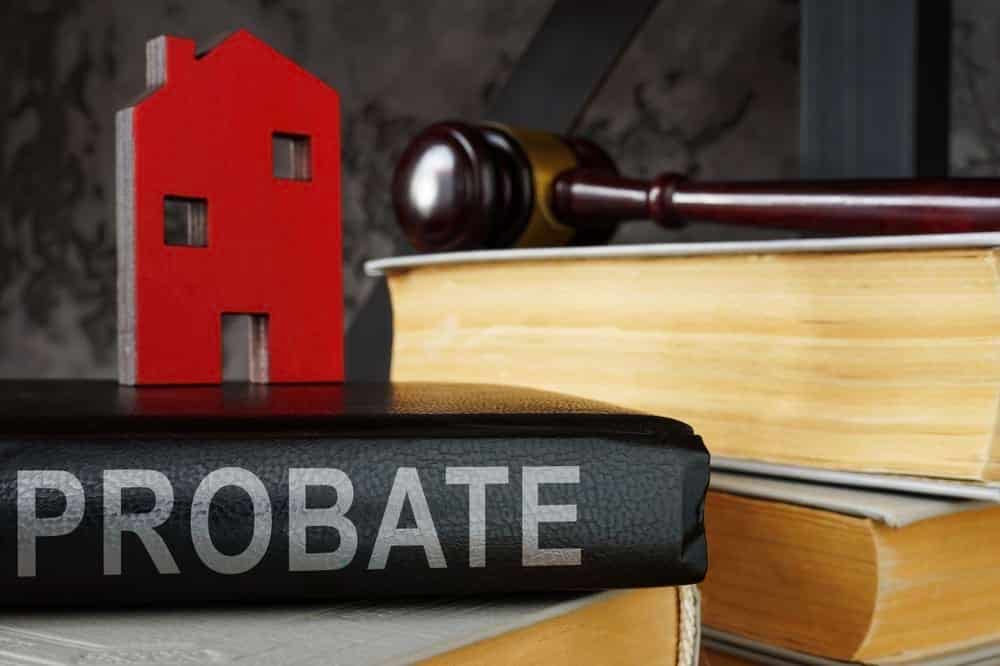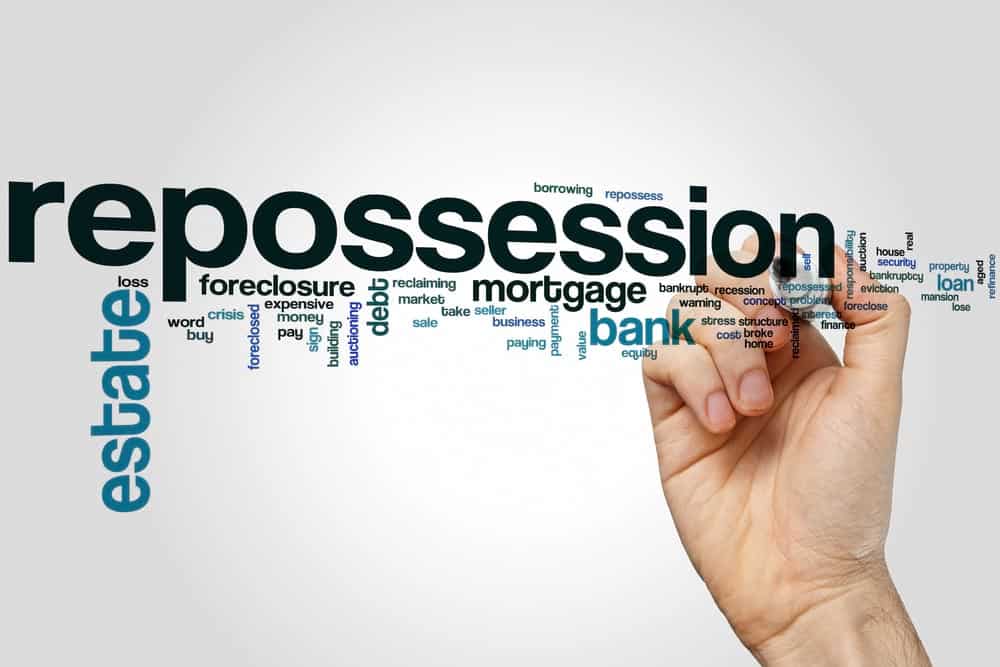Slow house sale transactions make life difficult for buyers and sellers.
They can result in broken property chains, which make things even worse.
So, avoiding this outcome is crucial…
This is where the term ‘no onward chain’ comes in.
Read on to learn about what this means, its causes, and how to manage it.
What does ‘no onward chain’ mean?
No onward chain refers to when a property seller is not reliant on funds from their sale to purchase a new house.
This situation comes about because the seller already has somewhere else to live without first needing the funds from selling their property.
No onward chain scenarios enable sellers to avoid all the difficulties with property chains.
As a result, transactions can be completed relatively fast.
Is there a difference between ‘no onward chain’ and a ‘chain-free buyer’?
Yes, there is a difference between the terms ‘no onward chain’ and ‘chain free buyer’.
The former refers to a seller who is independent of any other transaction for their sale.
Meanwhile, the latter is someone on the other end of the transaction (i.e. a buyer) who already has the funds to purchase a property (for example, first-time buyers).
What causes a seller to have no onward chain?
A seller may have no onward chain for a variety of reasons.
Inherited property through probate
If a property has been inherited via probate (and is then being sold), then the seller is unlikely to have an onward chain.
After all, they likely already had a home before the property was inherited, so they do not live in the house being sold.
Tenanted property is currently without tenants
There may be no onward chain if the property was previously rented to tenants who have since moved out.
The landlord will likely live somewhere else, meaning the house being sold is currently empty. So, they are not reliant on the sale to purchase another property.
Purchase of seller’s new house already completed
The seller may also have no onward chain because they have already completed the purchase of the house they are moving into.
Not being sold by traditional estate agents
Property companies typically have a number of differences from traditional estate agents.
One of these is that they typically have enough cashflow not to need an immediate sale.
If you enter the phrase ‘No Onward Chain‘ into this search bar, all the houses that meet this criterion will appear at the top of your search.
And when houses are sold at auction, the seller is unlikely to be living there themselves.
Do properties with no onward chain sell for more?
In many cases, a house with no onward chain will be valued slightly higher than other equivalent properties that involve a chain.
This is because it makes the buying process easier and faster. Many people are willing to pay more for this.
There is almost always a relatively short supply of houses with no onward chain, which increases competition and subsequently pushes up prices.
How to find properties that have no onward chain
Searching specifically for a property with no onward chain may severely limit your options.
That said, there are some ways to locate these types of houses.
Use search category filters
When searching for properties on Rightmove and Zoopla, they have a tool that enables you to ‘Prioritise properties with…’ any specific criteria.
Make a request to estate agents
You can ask estate agents which properties they are selling with no onward chain. Many should be able to provide options for this.
Work with cash house buyers or auctioneers
Cash house-buying companies that sell a house are less likely to have an onward chain because they offload the property to make a profit.
And houses listed for sale at auctioneers will also be less likely to have an onward chain.
Potential reasons for no onward chain sales falling through
Although relatively unlikely, some ‘no onward chain’ house sales do fall through. There are several reasons this can happen.
1. Gazumping
Gazumping is when a seller accepts a higher offer from someone else.
While this can be frustrating, it is legal if the ‘Exchange of Contracts’ has yet to occur.
2. Gazundering
The opposite of gazumping is ‘Gazundering,’ which occurs when the buyer reduces their offer just before the exchange of contracts.
It causes the seller to refuse the offer and return the house to the open market.
It is essential to be well-informed about the legalities of pulling out of a house sale, both when buying and selling.
3. Potential buyer cannot secure a mortgage
When the person who made an offer cannot secure a mortgage for the required amount, the seller might decide to find a new buyer.
4. Slow conveyancers
A sale can fall through because one of the parties becomes frustrated with the deal taking too long. This may happen if there are conveyancer delays or sellers stall.
5. Survey reveals issues
As with all property transactions, the sale may also fall through because the survey reveals problems with the house that were not previously known.
A buyer may walk away if these issues are major (for example, structural defects or pest infestations).
We Buy Any Home’s cash buying services
If your house sale has fallen through, We Buy Any Home can help.
We are chain-free cash house buyers who have purchased thousands of properties up-front and quickly, without hassle or stress for sellers.
Fill in our enquiry form below if you want a cash offer for your house.



















